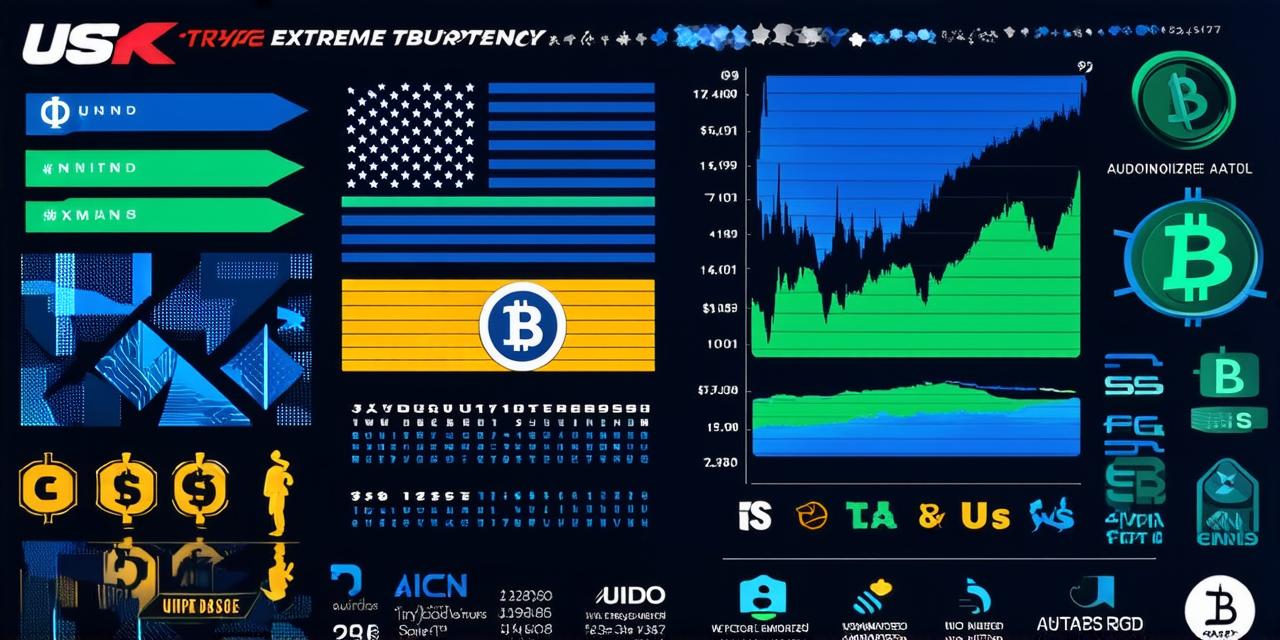
What is KYC Verification?
KYC verification is a process used by financial institutions, including cryptocurrency exchanges, to verify the identity of their customers. This involves collecting and verifying personal information such as name, address, date of birth, government-issued identification number, and other relevant data. The goal of KYC verification is to prevent illegal activities such as money laundering, terrorism financing, and fraud by ensuring that transactions are conducted with legitimate individuals and entities.
Why is KYC Verification Important in Cryptocurrency?
The cryptocurrency industry is still relatively new, and it lacks the same level of regulation as traditional financial institutions. This has made it vulnerable to fraud, money laundering, and other illegal activities. By implementing KYC verification, cryptocurrency exchanges can help prevent these types of activities and protect their customers from harm. In addition, KYC verification helps build trust in the cryptocurrency industry by ensuring that transactions are conducted with legitimate individuals and entities.
How does KYC Verification Work?
KYC verification typically involves the following steps:
1. Customer identification: The customer provides their personal information, such as name, address, date of birth, government-issued identification number, and other relevant data.
2. Verification of identity: The exchange verifies the customer’s identity by checking government-issued identification documents, such as a driver’s license or passport, to ensure that they match the customer’s personal information.
3. Risk assessment: Based on the customer’s personal information and transaction history, the exchange determines their risk level. Customers with higher risk levels may be required to provide additional documentation or undergo further verification.
4. Compliance monitoring: The exchange monitors customer activity to ensure that they continue to comply with KYC regulations and prevent any illegal activities from taking place.
Real-Life Example of KYC Verification in Cryptocurrency
One real-life example of KYC verification in cryptocurrency is the implementation of anti-money laundering (AML) regulations by cryptocurrency exchanges such as Coinbase and Binance. These regulations require exchanges to collect and verify personal information from their customers, monitor their transactions for suspicious activity, and report any illegal activities to the appropriate authorities.
The Importance of Compliance in KYC Verification
FAQs about KYC Verification
Q: What is KYC verification?
A: KYC verification is a process used by financial institutions, including cryptocurrency exchanges, to verify the identity of their customers.
Q: Why is KYC verification important in cryptocurrency?
A: KYC verification helps prevent fraud, money laundering, and other illegal activities by ensuring that transactions are conducted with legitimate individuals and entities.
Q: How does KYC verification work?
A:
KYC verification typically involves the following steps:
1. Customer identification,
2. Verification of identity,
3. Risk assessment, and
4. Compliance monitoring.
Q: What is anti-money laundering (AML) regulation?
A: AML regulations require exchanges to collect and verify personal information from their customers, monitor their transactions for suspicious activity, and report any illegal activities to the appropriate authorities.
Case Study: Coinbase’s KYC Verification Process
Coinbase is a popular cryptocurrency exchange that has implemented a comprehensive KYC verification process. To become a Coinbase customer, individuals must first provide their personal information, including their name, address, date of birth, government-issued identification number, and other relevant data. Coinbase then verifies this information by checking government-issued identification documents to ensure that they match the customer’s personal information.
In addition to basic KYC verification, Coinbase also conducts a risk assessment based on the customer’s personal information and transaction history. Customers with higher risk levels may be required to provide additional documentation or undergo further verification. Coinbase also monitors customer activity to ensure that they continue to comply with KYC regulations and prevent any illegal activities from taking place.
Comparing KYC Verification in Traditional Finance vs. Cryptocurrency
While both traditional finance and cryptocurrency industries have implemented KYC verification, there are some differences between the two processes. In traditional finance, KYC verification is typically more rigorous, with exchanges requiring customers to provide additional documentation such as proof of income and tax identification numbers. In contrast, cryptocurrency exchanges may require less documentation but may also have more stringent risk assessment processes in place due to the higher risk associated with the industry.
The Future of KYC Verification in Cryptocurrency
As the cryptocurrency industry continues to grow and mature, it is likely that KYC verification will become more sophisticated and standardized. This may involve the use of advanced technologies such as blockchain and biometric authentication to streamline the verification process and reduce the risk of fraud and money laundering. It is also possible that governments and regulatory bodies will continue to introduce new regulations and guidelines to ensure that cryptocurrency exchanges are following best practices in KYC verification.
Conclusion
Know Your Customer (KYC) verification is a crucial process in the cryptocurrency industry that helps prevent fraud, money laundering, and other illegal activities. By implementing KYC verification, cryptocurrency exchanges can help build trust with their customers and protect them from harm. As the industry continues to evolve, it is likely that KYC verification will become more sophisticated and standardized, helping to ensure a safer and more secure future for all users.



